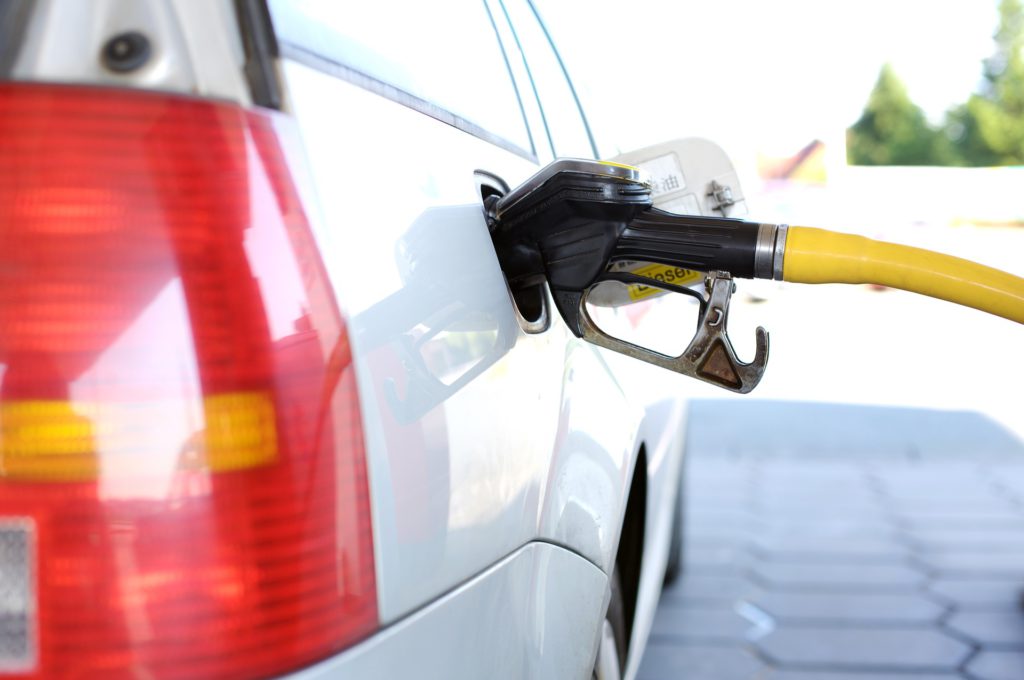Carmakers could be forced into hardware retrofitting in Germany
10 September 2018

10 September 2018
Vehicle manufacturers in Germany could be forced into expensive hardware retrofitting to avoid further city diesel bans, according to a new report.
A sub-committee of experts formed as part of Germany’s National Diesel Forum last year will back calls for older vehicles to be fitted with selective catalytic reduction (SCR) units to cut nitrogen oxide (NOx) emissions.
However, the committee’s report says there is no consensus on who will foot the bill for the process, which could cost up to €3,000 per vehicle. For this reason, manufacturers have been opposed to the move. Chancellor Angela Merkel is expected to rule as to whether manufacturers should start such a program of retrofits later this month.
The country’s government has been in disagreement over the issue, with many believing that as vehicles have passed type-approval tests, carmakers are not legally obliged to retrofit to bring down emissions that are already legal by the letter of the law. Environment Minister Svenja Schulze (SPD) calls for modifications to engines in order to reduce pollutant emissions beyond software updates. Transport Minister Andreas Scheuer (CSU) is opposed to work being carried out on cars but wants hardware retrofits for municipal vehicles such as the fire department.
The German Association of the Automotive Industry (VDA) suggested having retrofits tested by an independent testing institute. “If a neutral expert, such as TÃœV or Dekra, would perform a pattern installation, everyone could see that the objections of the manufacturers are right: Diesel hardware retrofits are technically possible, but very expensive,” said VDA President Bernhard Mattes.
The report by the committee states that the installation of SCR units, which purify emissions with a urea solution, is technically possible on older vehicles ′if space is available below.’ However, there are no reports on the effects to fuel consumption, with prototype testing suggesting a rise of 10%. The addition of SCR is expected to reduce the level of nitrogen oxides from a diesel vehicle by between 50-90%.
Frankfurt recently became the latest city to announce a ban on diesel vehicles within its limits and will put the plan into place from February 2019. Stuttgart is introducing a ban from January 2019, while Hamburg has already banned diesels from certain streets in its area.
The regional government of Hessen has called for a fast reaction from the national government on retrofitting vehicles to reduce pollution levels. ′We want a fundamental solution to this problem, rather than driving bans,’ state Premier Volker Bouffier and Environment Minister Priska Hinz said in a joint statement.
Kiel Transport minister Bernd Buchholz has said that it is unfair that only the country’s car industry should pay for new components to be added to cars already on roads around the country. He comments: ′I see no basis for the automobile industry to go into the practice of retrofitting alone.’